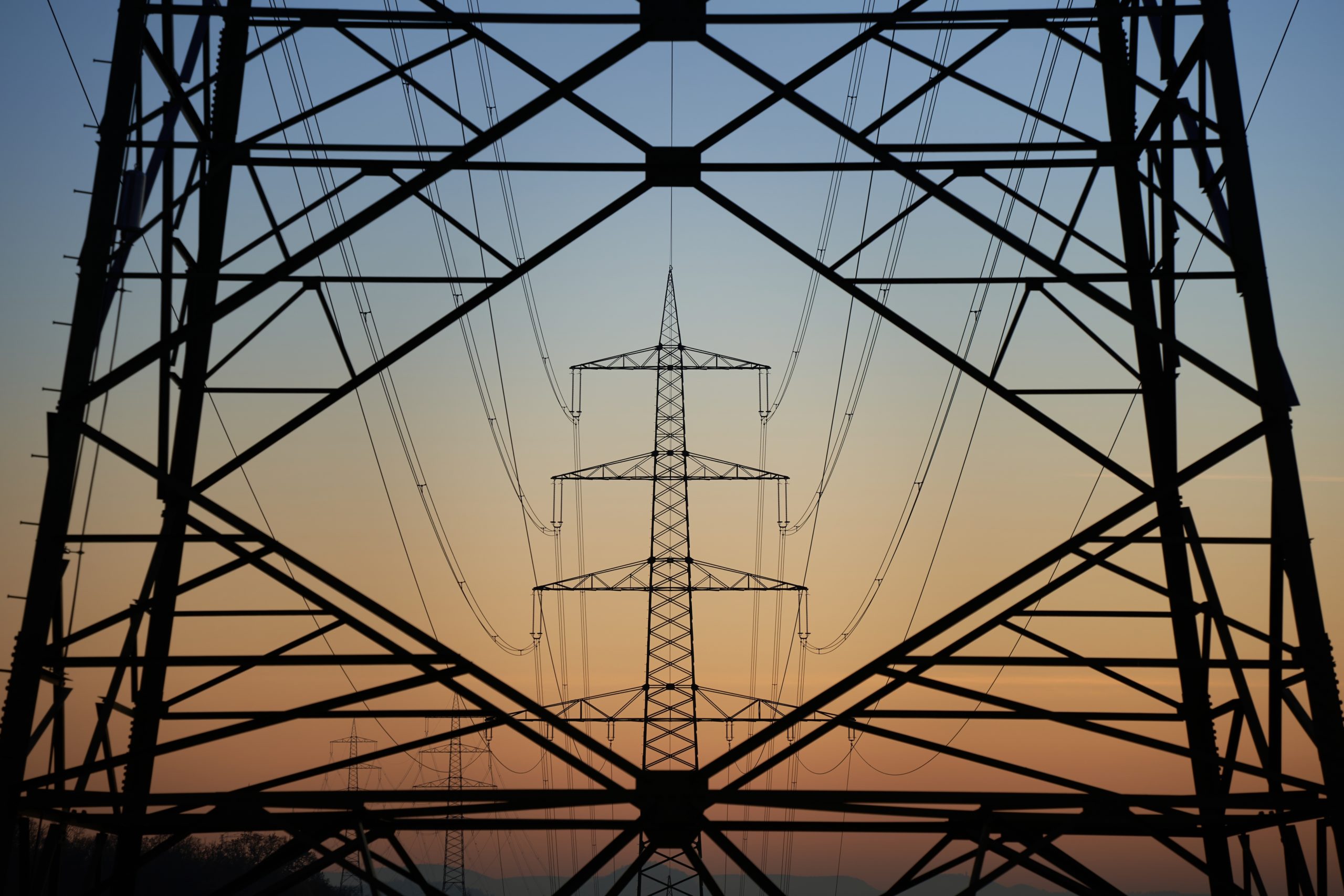Energy has become so expensive in Germany that the economic powerhouse is facing a manufacturing shutdown that threatens to collapse the nation.
Calling the situation “alarming,” Economic Minister Robert Habeck said that while industry has been working hard over the past few months to reduce gas production, many factories have significantly reduced or completely halted production due to a sharp rise in energy prices. “It’s not good news,” he said, “because it can mean that the industries in question aren’t just being restructured but are experiencing a rupture – a structural rupture, one that is happening under enormous pressure.”
Energy costs have more than tripled since Russia reduced gas supplies – a key fuel used to generate electricity – to European countries last month. The crisis deepened after Gazprom, the Russian state-owned energy company, indefinitely shut down the Nord Stream 1 pipeline earlier this week due to an oil leak, saying the problems could not be fixed due to western-imposed sanctions that have barred its suppliers from doing business with them. The Kremlin has warned the resumption of gas supplies will be dependent upon Europe lifting the economic sanctions against Moscow.
Germany’s gas storage facilities are now about 85% full, but are expected to be empty within two months. The country will most likely begin fuel rationing in the next several days as the shortage threatens to tip the country – and the continent – into an energy crisis this winter. Many power distributors across Europe have already collapsed, with gas prices 400% higher than a year ago, and some major generators are at risk due to caps that limit the price rises they can pass along to consumers.
Businesses across the country, from large industrial groups to small trading companies, are feeling the crunch. For many, the situation is or will soon reach toxic levels because gas shortages and unreasonable energy costs will price them out of their markets.
ArcelorMittal Corporation – Europe’s largest steel producer – has announced it will close a steel plant in Bremen, Germany at the end of the month until further notice due to soaring gas prices, weak market demand, and a negative economic outlook, as well as another plant near Gijon, Spain. The company will also permanently close its steel plant in Krakow, Poland due to weakened demand.
The German haulage industry will be especially hard hit, as the country’s largest producer of AdBlue exhaust cleaning fluid was forced to halt production due to the skyrocketing gas prices. AdBlue is required for diesel-powered trucks and buses to comply with the country’s nitrogen oxide exhaust rules. The managing director of Germany’s association of transport and logistics companies, BGL, told the daily Bild tabloid that an AdBlue supply shortage could materialize within two weeks. “No AdBlue means no lorries. And that means no supplies for Germany.”
The rise in energy costs, along with supply chain bottlenecks, pose a growing risk to medium and small businesses across the county and have contributed to a 26% rise in insolvency proceedings in Germany in August, with more insolvencies expected this fall. In a recent survey conducted by Germany’s BDI, more than a third of the 593 companies surveyed said their existence was “under threat” due to soaring costs.
On Sunday, Berlin announced a €3 billion aid package over the next year and a half to help energy-intensive factories cope with the soaring energy costs, but many have said the package was not enough, is not going to the right places – including medium and small businesses – and that the government has been too slow in addressing the energy crisis. BDI head Siegfried Russwurm called on the government to co-finance the energy charges, saying “Politicians must now take action to prevent bankruptcies and further economic and social upheaval.”
The energy crisis is expected to spread across Europe over the coming weeks, leading to power rationing, rolling blackouts, shuttered factories, and stagflation, as their leaders insist on pursing their fantasy of a green utopia. Analysts at Rystad Energy anticipate a serious electricity shortage across Europe beginning as soon as this month. “Regardless of the exact scenario, the coming winter is certain to be the most challenging Europe has seen in decades — and consumers or governments are expected to pay the price,” said Carlos Torres-Diaz, head of power at Rystad Energy. “If gas demand needs to be cut, we expect to see power supply issues emerging this month and worsening into 2023.”
Meanwhile, Gazprom said it would suspend all gas shipments to France’s Engie beginning tomorrow, claiming that it had not received full payment from the utility company for gas delivered in July. Gazprom has also cut off supplies to several European energy companies over their refusal to pay for gas in Russian rubles after the central banks removed Russia from the swift system.


